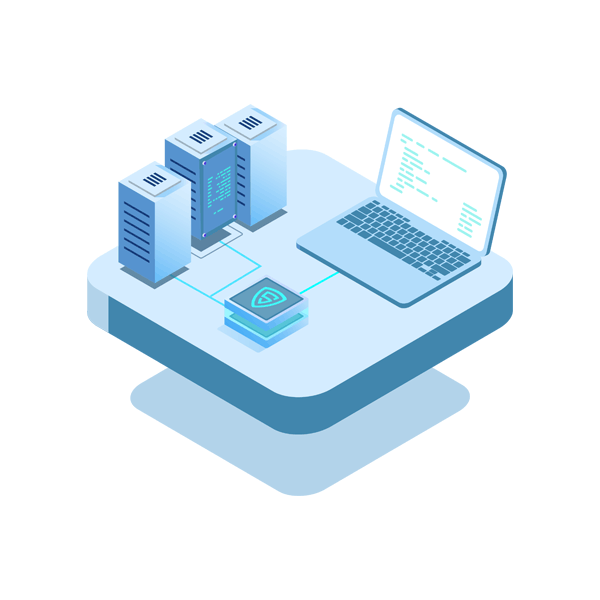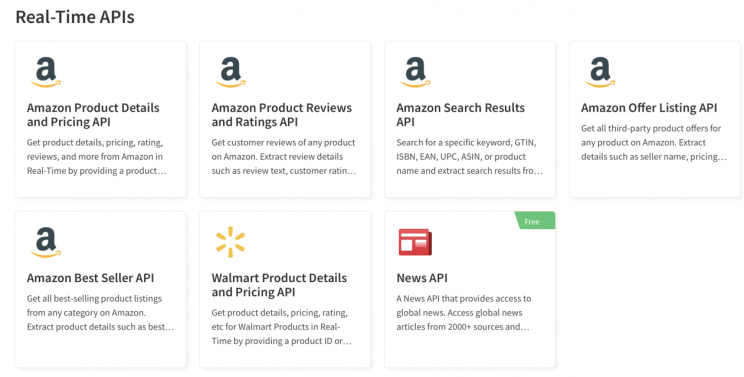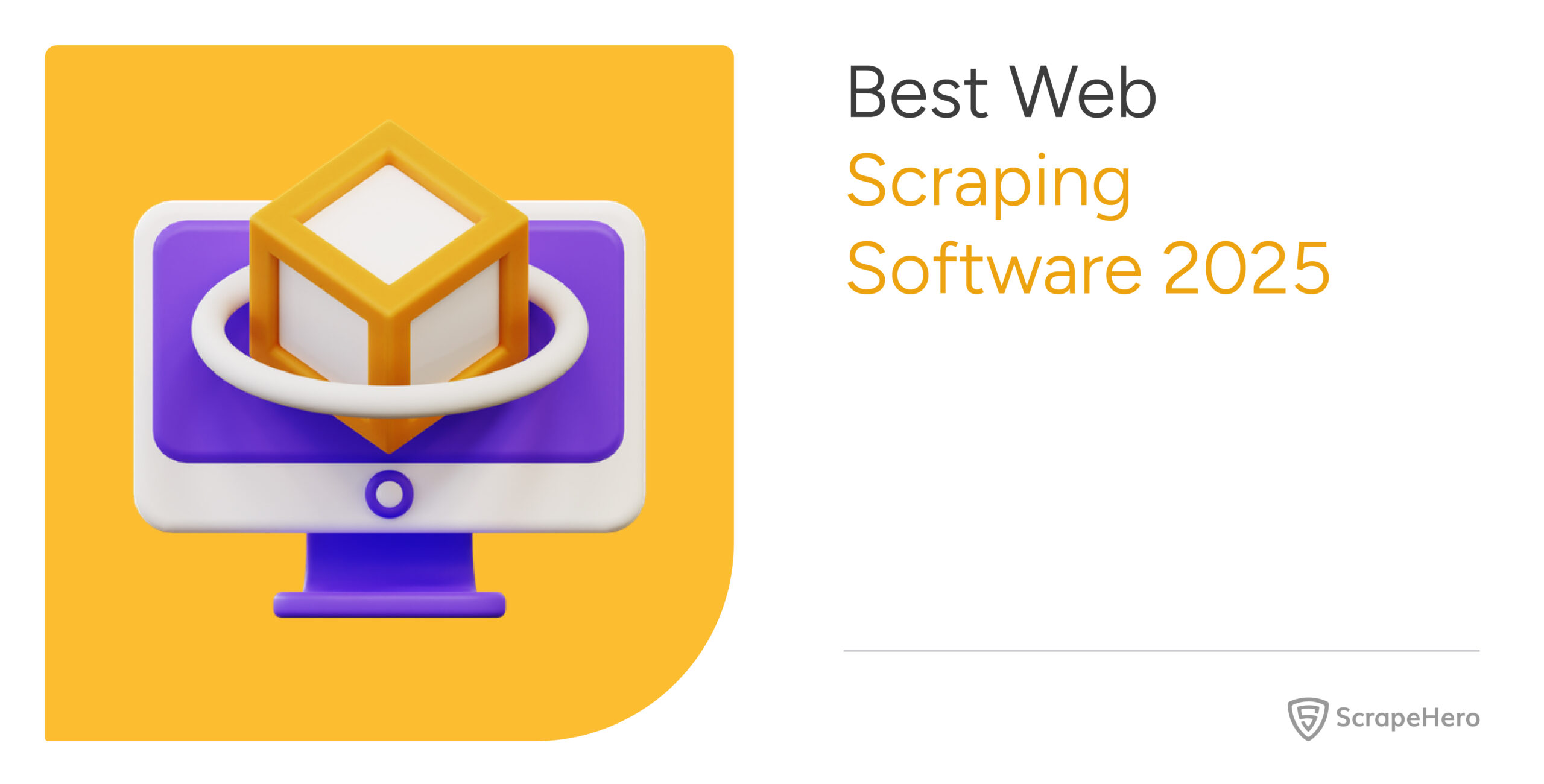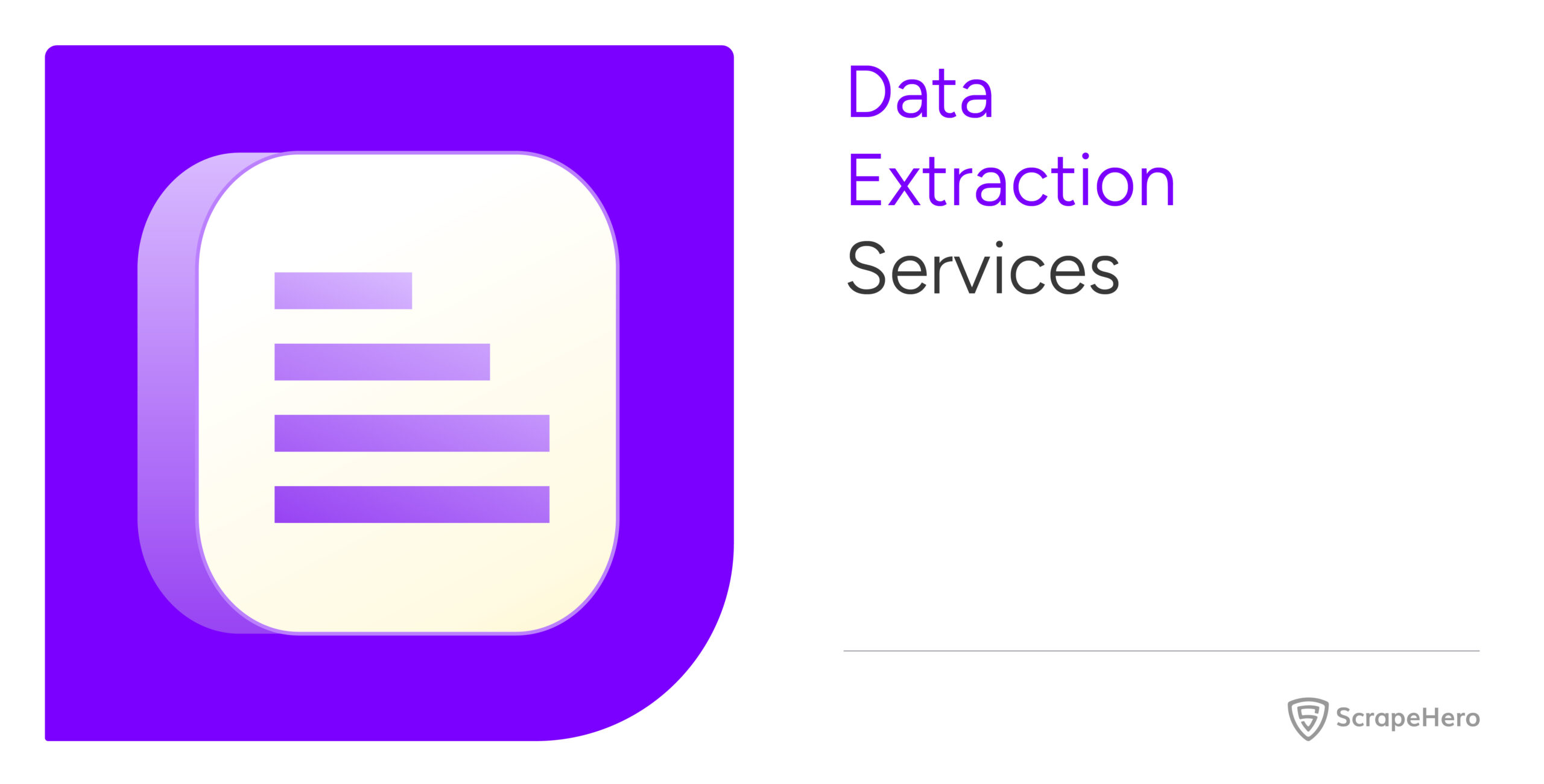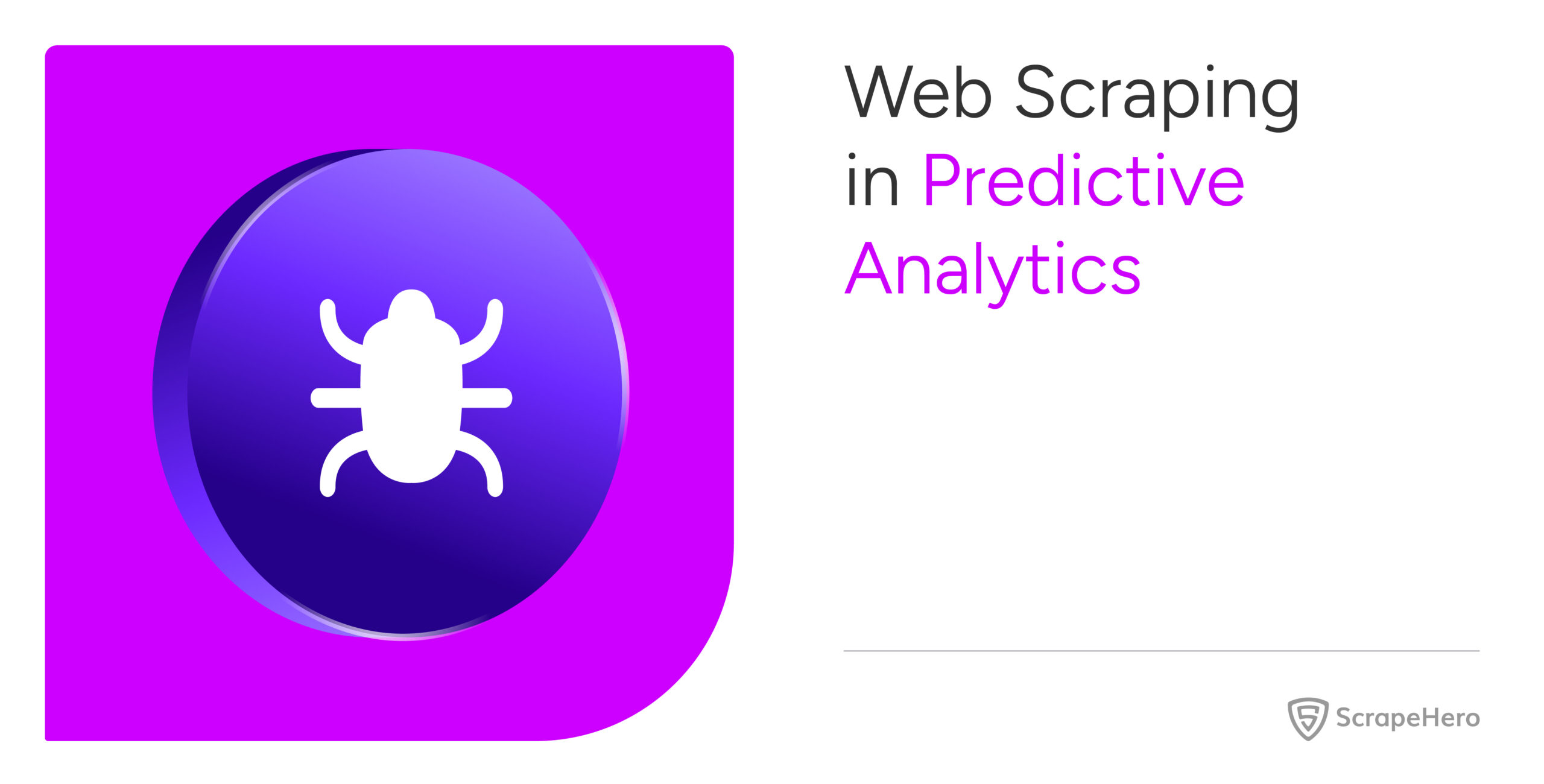In the highly competitive world of ecommerce, businesses are constantly seeking ways to gain an edge over their competitors. Real-time data plays a pivotal role in driving informed decision-making and staying ahead of market trends. Web scraping, the process of extracting data from websites, has become an invaluable tool for ecommerce companies. With the advent of real-time web scraping APIs, all businesses can now access up-to-the-minute information using real-time web scraping APIs, empowering them to make tactical retail decisions swiftly and effectively. In this article, we will explore the benefits of a real-time web scraping API for ecommerce and how it is revolutionizing the industry.
- Pricing Intelligence:
One of the key advantages of a real-time web scraping API for ecommerce is its ability to provide real-time pricing intelligence. By scraping popular websites, ecommerce marketplaces and competitor websites, businesses can gather real-time data on product prices, discounts, and promotions. This information enables retailers to dynamically adjust their pricing strategies, ensuring they remain competitive in the market. Real-time pricing intelligence helps businesses optimize their profit margins, identify pricing trends, and implement effective pricing strategies to attract and retain customers.
- Inventory Management:
Accurate inventory management is critical for retail ecommerce success. A real-time web scraping API enables businesses to monitor the inventory levels of their competitors, suppliers, and distributors and their own products in real-time. By scraping data from various sources, ecommerce companies can ensure their inventory levels are aligned with market demand. Real-time inventory management allows businesses to avoid stockouts, optimize stock replenishment, and minimize storage costs. It also helps in identifying trending products and making informed decisions about product assortment and stock allocation.
- Product Research and Development:
Web scraping APIs facilitate real-time product research and development in the ecommerce industry. By scraping product details, specifications, best selling products and related customer reviews, ratings, and feedback from different platforms, businesses can gain insights into customer preferences and identify gaps in the market. Real-time access to customer sentiment allows ecommerce companies to develop and improve products based on current trends and customer demands. This data-driven approach helps businesses stay relevant, enhance customer satisfaction, and drive product innovation.
- Competitor Analysis:
Real-time web scraping APIs empower ecommerce businesses with competitive intelligence. By extracting product and marketing related data from competitor websites, businesses can monitor their rivals’ product offerings, pricing strategies, marketing campaigns, and customer interactions. This information provides invaluable insights for benchmarking, identifying unique selling propositions, and formulating effective marketing strategies. Real-time competitor analysis enables ecommerce companies to make data-driven decisions that differentiate them from their competitors and capture a larger market share.
- Market and Trend Analysis:
Understanding market trends and consumer preferences is essential for ecommerce success. Real-time web scraping APIs allow businesses to gather data on customer reviews, ratings, and sentiment analysis. This valuable information provides insights into consumer preferences, popular products, and emerging trends. By analyzing this data in real-time, ecommerce businesses can adapt their offerings, launch new products, and align their marketing strategies accordingly, ensuring they are always in sync with the market demands.
- Personalization and Customer Insights:
Personalization is a key driver of customer satisfaction and loyalty in ecommerce. Real-time web scraping APIs enable businesses to gather data on product related customer behavior, preferences, and augment that with internal sales and purchase history. By analyzing this data, businesses can offer personalized recommendations, tailored marketing campaigns, and targeted promotions. This leads to a more personalized customer experience, increased customer engagement, and higher conversion rates.
- Content Aggregation:
Retailers can use web scraping APIs to aggregate and curate product information, including descriptions, specifications, and images, from various sources. This data can be utilized to create comprehensive product catalogs, enhance product listings, and ensure consistency of information across different channels.
- Comprehensive Product Catalogs:
Web scraping APIs allow retailers to collect product details, descriptions, specifications, pricing, and images from multiple e-commerce websites, manufacturer websites, and other relevant sources. By aggregating this information, retailers can create comprehensive and up-to-date product catalogs that encompass a wide range of products.
- Product Catalog Consistency and Accuracy:
Content aggregation ensures consistency and accuracy of product information across different channels. By scraping and consolidating data from various sources, retailers can minimize discrepancies, errors, and outdated information that can arise when managing product catalogs manually. This helps in building trust with customers and providing them with reliable and consistent product information.
- Enhanced Product Listings:
Aggregated content can be used to enhance product listings on the retailer’s website or other sales channels. By including detailed descriptions, specifications, and high-quality images, retailers can provide a rich and engaging experience to customers, increasing their confidence in making a purchase decision.
- Streamlined Updating Process:
As product information changes frequently, manually updating product catalogs across various channels can be time-consuming and prone to errors. Web scraping APIs streamline this process by automatically extracting updated information from the original sources. This ensures that the product catalogs remain up-to-date without requiring manual intervention.
- Cross-Selling and Upselling Opportunities:
Aggregated product information allows retailers to identify cross-selling and upselling opportunities. By analyzing their own and competitor data from multiple sources, retailers can understand which products are frequently purchased together or identify higher-priced alternatives that complement customers’ preferences. This enables retailers to create targeted marketing campaigns and personalized recommendations to increase average order value.
- Time and Resource Savings:
Content aggregation through web scraping APIs saves significant time and resources compared to manual data collection. Rather than manually searching and copying information from multiple websites, retailers can automate the process, allowing their teams to focus on more strategic activities such as analyzing data, optimizing marketing strategies, and improving customer experience.
Real-time web scraping APIs have transformed the ecommerce industry by providing businesses with a competitive advantage through access to up-to-the-minute data. From pricing intelligence and inventory management to product research and competitor analysis, the benefits are numerous. Ecommerce companies that leverage real-time web scraping APIs can make informed decisions, optimize their operations, and stay ahead in the fast-paced online marketplace. By harnessing the power of real-time data, these businesses can enhance their competitiveness, drive growth, and deliver exceptional customer experiences. The era of leveraging real-time web scraping APIs has matured, opening new avenues for success in the ever-changing world of ecommerce.
ScrapeHero provides pre-built, easy to use APIs for ecommerce and retail which can be used through an easy signup process. Click here to access our real-time API marketplace.
Or click here to learn more about our APIs including custom API development for sources that do not provide an easy to use or a rate-limited or feature-limited API
We can help with your data or automation needs
Turn the Internet into meaningful, structured and usable data
